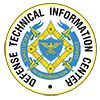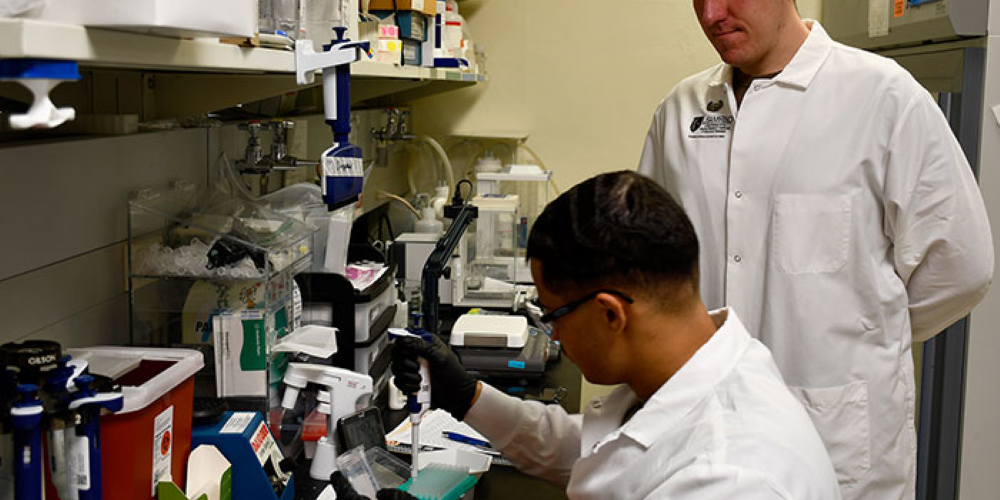The U.S. Army Medical Research and Development Command’s Institute of Infectious Diseases is developing a new process for screening blood samples that will enable researchers to assess overseas disease risks more quickly and at less cost, enabling the military to improve operational readiness by better protecting the health of deployed Warfighters.
The new protocol, developed by the Applied Diagnostics Branch of USAMRIID’s Diagnostic Systems Division, uses blood spot cards made of a thick cellulose cardstock that absorbs blood from a simple finger stick. Unlike traditional intravenous blood draws, blood spot cards don’t require specially trained clinicians, sterile equipment, anti-coagulant drugs or temperature-controlled storage containers for preparation and shipment. That makes them easier and more cost-effective for serologists – scientists who study antibody responses in blood – to use in assessing potential pathogenic risks over large geographic areas, especially in places with limited public health systems.
“The idea of using blood spot cards is not new in serology,” explains Capt. Christopher Davis, Ph.D., the branch’s chief operations officer. “What is new is the protocol we’ve established that will let us use blood spot cards to conduct serosurveillance” – the use of blood samples to monitor disease prevalence and previous exposures – “the same way that we currently use blood draws.”


